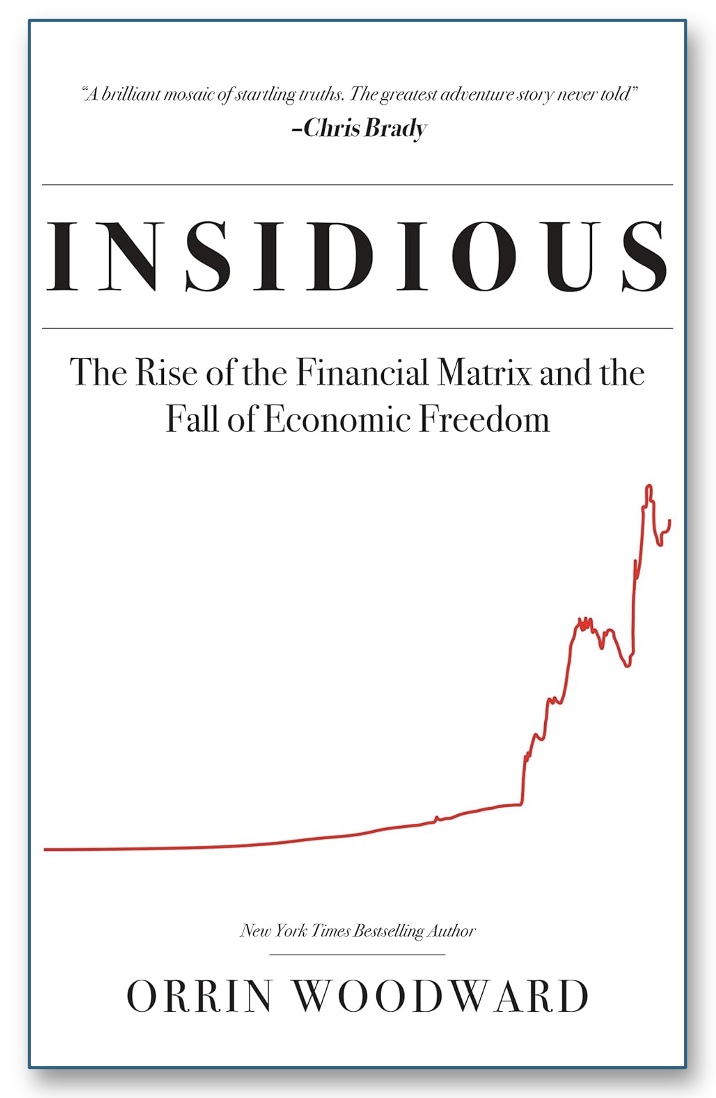The Key
 To begin, please make sure you’ve read Part I and Part II of this Special TJEd Report. If not, Part III won’t make much sense.
To begin, please make sure you’ve read Part I and Part II of this Special TJEd Report. If not, Part III won’t make much sense.
Second, if what you got out of Parts I and II is that your kids should be seeking credentials, then I need to be more clear. That isn’t at all what I’ve suggested. Not even close. My point is that they’ll need a great education—not (necessarily) credentials. They’ll need a true, excellent, world-class, top-rate education—to compete in the new global economy. That’s learning, knowledge, wisdom, and skills. Education, not credentials.
The rising global competition is that tough. Only the real deal—a superb education—will do. Credentials are fine, too, they just aren’t enough without a truly excellent education.
Third, if you’ve read Part I and Part II of this report on the growing importance of higher education, and the powerful changes that are drastically rewriting the rules of successful higher education and careers, you might be a person who finds yourself facing a bit of inner skepticism.
“After all,” you may hear yourself saying, “the old college-major/career-and-perks system worked pretty well since the GI Bill sent flocks of young people to college after World War II. It’ll probably keep working even as the middle class growth economy shifts largely to Asia. It may not seem that way on paper or in the trends, but such traditions die hard. I’ll have to see the change to believe it.”
Sadly, by the time everyone pays attention to the shift, many in the next generation will be living mostly on debt. In fact, they already are. So are the majority of their parents, truth be told. But many people would rather just avoid these pesky details and facts and instead hope that things work out like they have for the past five decades.
I did my best to outline the most relevant new economic realities of college and career in Parts I and II of this report. If this made sense to you, please focus on the three types of great higher education outlined at the very end of Part I—for you and your youth. This is the key!
The Lock
If you’re still not convinced, I invite you to read a bit deeper. In fact, I’m including a list of recommended articles and books below. They don’t all arrive at the identical conclusions, some of them disagree with each other and with me on some of the details, and they suggest a number of differing and even competing solutions to our higher education dilemma. But together they form an overview of what some of today’s top thinkers are saying about the current education system, career environment, and new economy.
Clearly, the stakes are high. The financial difference between guiding your family into the “affluent” economy of the 2020s-2030s versus educating them for the “paycheck-to-paycheck” economy is on pace to be over a million dollars of lifetime earnings for each child’s adult household. This is an important topic. And the time and effort you invest in reading these books and articles will be an important choice with massive multi-generational financial returns if you make better, more informed decisions for your family.
Higher education is more important than ever before—not just for the financial and career reasons covered in this Three-Part Report, but for the moral, future of freedom, and family reasons I wrote about extensively in What’s So Great About the Classics?: TJEd for Dads. As for the financial/career focus in specific, higher education is changing in some fundamental ways that deeply matter. Parents should know about these shifts now, not feel blindsided by them in the years just ahead.
Option 1: Again, if you got enough from Parts I and II of this report to see the need for change, forget the list below and focus on 19 Apps: Leadership Education for College Students, or on helping your college-age youth (and/or yourself) find truly top-quality higher education internships and mentors.
Option 2: But if you’re still pretty sure that the old 1946-2006 system is going to work in the next three decades, it’s worth your time to read the following and really consider. Whatever you think when you’ve completed these readings, at least you’ll have done your due diligence on such an important topic.
By the way, even if you’re not going to read these articles and books, take a minute and read through the titles. They matter.
Opening the Door
Reading List:
2015
1
The End of College:
Creating the Future of Learning and the University of Everywhere
(Kevin Carey)
2
College Disrupted:
The Great Unbundling of Higher Education
(Ryan Craig)
3
Pedigree:
How Elite Students Get Elite Jobs
(Lauren A. Rivera)
4
Freedom Matters:
The Connection Between Career, Business, and Freedom
(Oliver DeMille)
5
“We Don’t Need More STEM Majors.
We Need More STEM Majors With Liberal Arts Training”
(Washington Post, February 18)
6
“Entrepreneurs Raising the Next Generation
of Chief Executives”
(The New York Times, May 27)
2014
7
American Higher Education in Crisis?:
What Everyone Needs to Know
(Goldie Blumenstyk)
8
Excellent Sheep:
The Miseducation of the American Elite
and the Way to a Meaningful Life
(William Deresiewicz)
[Note: I loved this author’s description of the major current challenges in American higher education, and then disagreed with many of his recommendations. See what you think!]
9
The New School:
How the Information Age Will Save American Education From Itself
(Glenn Reynolds)
10
“The Thing Employers Look for When Hiring Recent Graduates”
(The Atlantic, August 2014)
11
“Becoming a Real Person”
(The New York Times, David Brooks, September 8)
12
“Young, European and Broke”
(The Wall Street Journal, August 9-10)
2013
13
Turn the Page: How to Read Like a Top Leader
(Introduction by Chris Brady)
14
Is College Worth It?
(William J. Bennett)
[Note: Pay close attention to the final parts of this book, where Bennett outlines the different ways that higher education helps young people from different socio-economic backgrounds—and with different goals.
This individualized approach is excellent. Bennett shows that decisions about college and higher education should be personalized, not one-size-fits-all. And the way he does this is very interesting and thought provoking.]
15
College: What It Was, Is, and Should Be
(Andrew Delbanco)
16
College Unbound:
The Future of Higher Education and What It Means for Students
(Jeffrey J. Selingo)
2012
17
The Higher Education Bubble
(Glenn Reynolds)
2011
18
“The Rise and Rise of the Cognitive Elite:
Brains Bring Ever Larger Rewards”
(The Economist, January 22nd)
[I love the title of this article: “The Rise and Rise…” Fun. And so true.]
These articles and books are just a few of the top writings on this topic, and you’ll likely come across others as you read. This is an incredibly important subject with direct and lasting ramifications for everyone in your family. Higher education is more important than ever. Emphasis on the words “higher” and “education,” not “hire,” or “credentials.”




































This series has been very interesting. It has also provided much to ponder on. Recognizing the deficiency in the traditional college education, our children have chosen not to attend college immediately following high school graduation. Instead of classroom lectures and textbooks they have chosen to immerse themselves in real life work experience under men and women skilled in their individual fields. When the community discovered the presence of young people who provide quality services and are also respectful, it was like a wildfire swept through. Our children have had to turn down employment opportunities too numerous to recall.
I agree that quality education is necessary for the future of our children. I do not however agree that college is the only means of achieving said education. Individual study combined with hands on experience under the highest quality of mentor/employer is providing an apprenticeship style of education that no mere university could possibly provide for our children. The absence of quality services and workers has also opened many doors of opportunity that would have been unavailable a generation ago. The inferiority of the current system combined with an excellent self study contains the potential to become a stepping stone for those who choose to walk in excellence.
Rebecca, when you say that you do not agree that college is the only means of achieving a quality education, do you mean to say that you disagree with Oliver, or that you disagree with common opinion in society? Because Oliver is expressly *not* saying that college is the only way. Quite to the contrary…